The age Cohorts represent the different stages of the human life cycle. They represent an
approach to health service delivery since each age cohort has special needs that relate to the development
phase they are passing through e.g., pregnant women have different health needs as compared to elderly
persons etc.
The interventions menu of interventions elaborated in this toolkit are based on the life cohorts while also
considering the cross-cutting interventions, encompassing the expectations of entire population
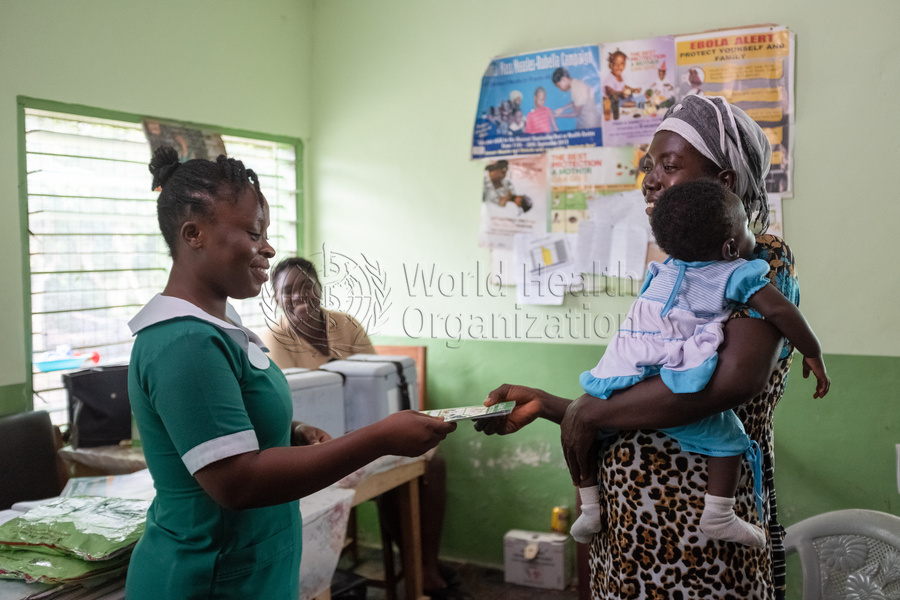
This age cohort focuses on pregnant women and their newborns upto 28 days (neonates).
The interventions are mainly geared towards keeping the mother and child healthy living during the pregnancy, delivery and in the postpartum period. They are also geared towards early identification and treatment of any health problem that may arise.
Click here to view the Pregnancy and newborn interventions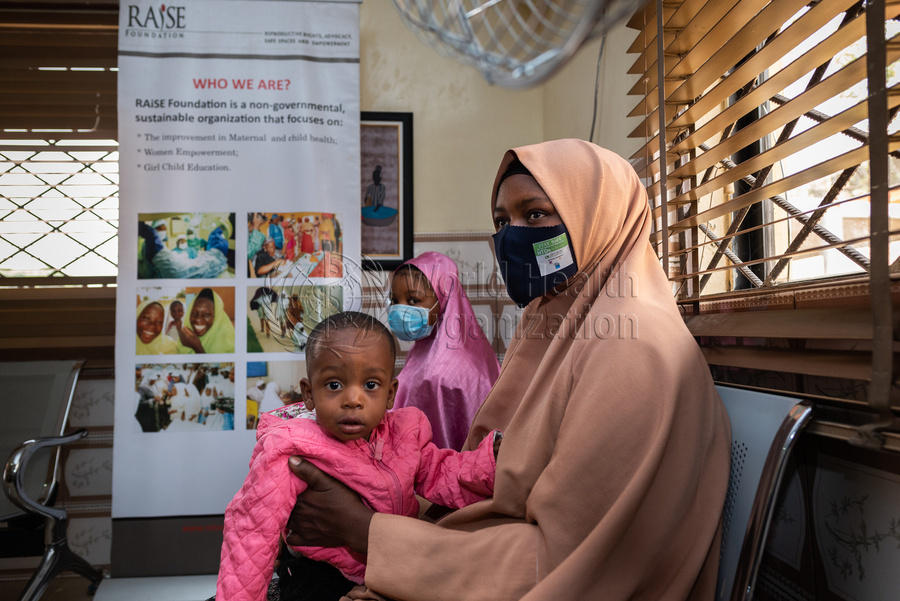
This age group focuses on children under the age of 5 years old.
This age cohort has been identified as one the of foundation for early childhood development, including emotional wellbeing, cognitive abilities, emotional wellbeing influencing health and life outcomes. Investments in early childhood has the potential to yield a 10 to 1 benefit in health and its determinants
Click here to view the < 5 years interventions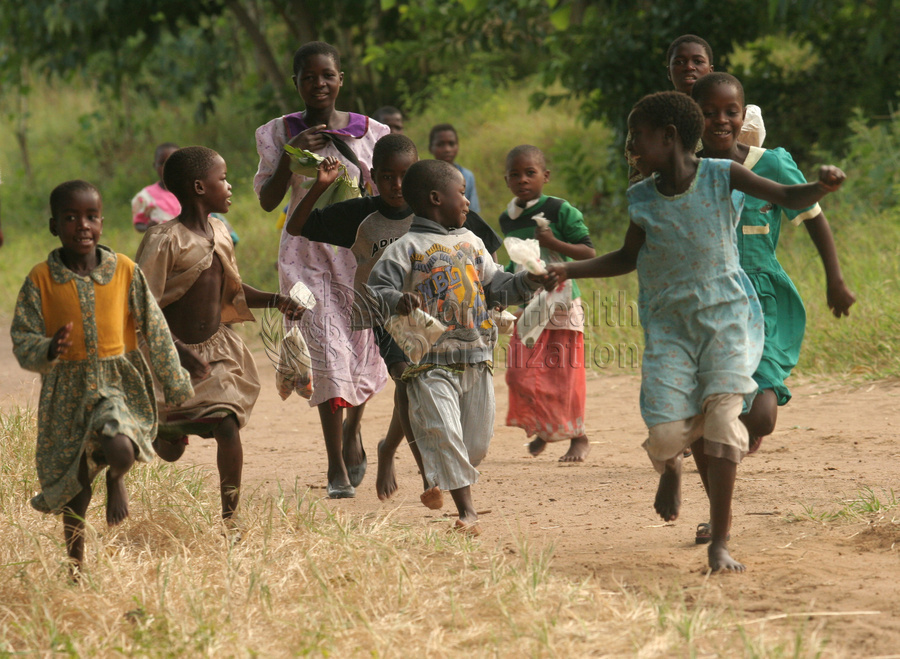
This cohort looks at childhood, from the age of 5 to 11 years of age which is mainly the school going age.
The interventions in this age group address the core interventions that promote healthy development and transition to adolescent. This group has been exclusively brought out to ensure early identification, screening and management can be systematically prioritized as part of essential services. Additionally, this group can easily be targeted through school based health programs especially on preventive and promotive health services
Click here to view the 5 - 11 years interventions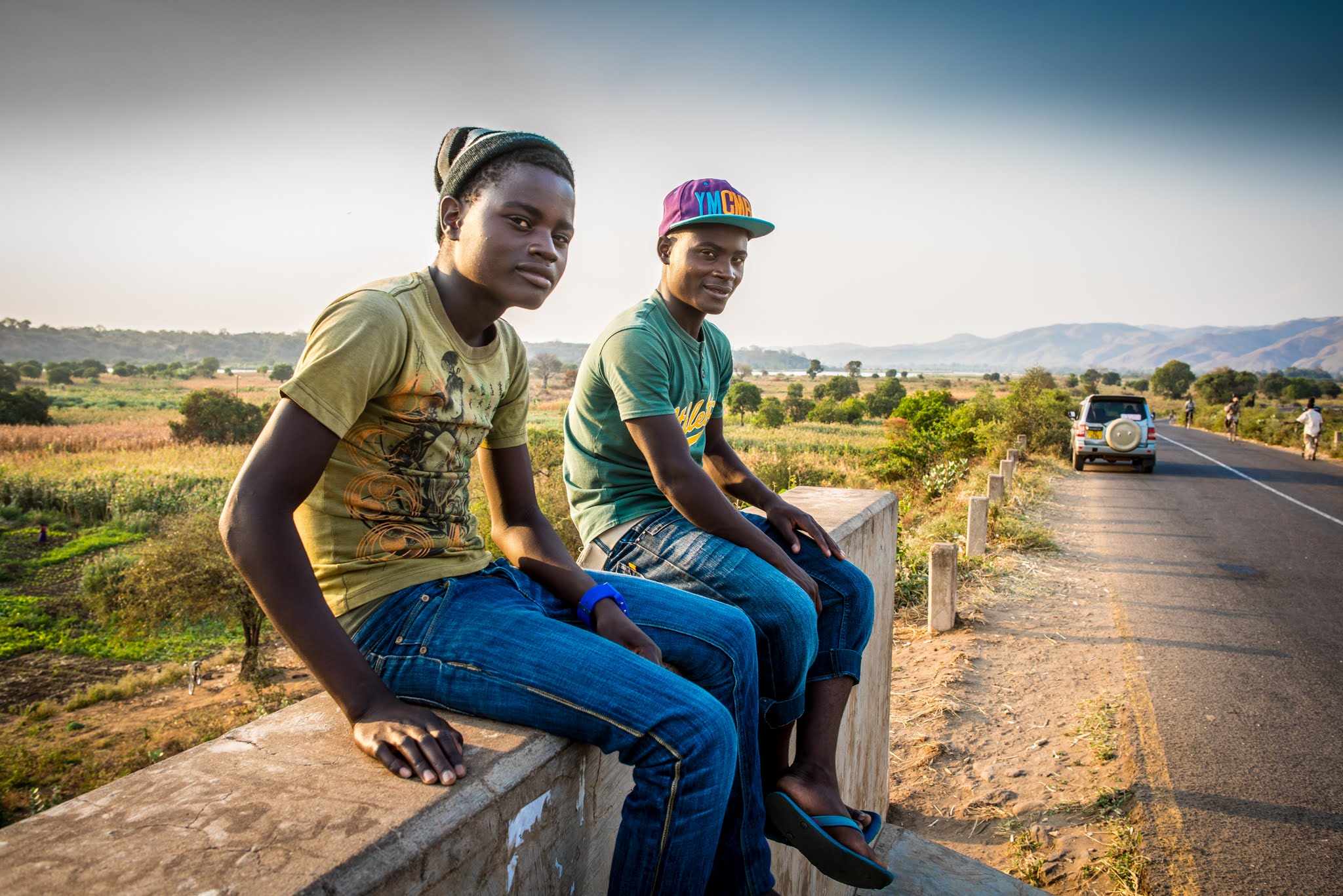
The 12 to 24 age cohorts focus on adolescents and young adults. This age group is a unique stage, where the human development undergoes rapid physical, psychological and cognitive growth.
During this phase, adolescents establish patterns of behavior – for instance, related to diet, physical activity, substance use, and sexual activity – that can protect their health and the health of others around them, or put their health at risk now and in the future
Click here to view the 12 - 24 years interventions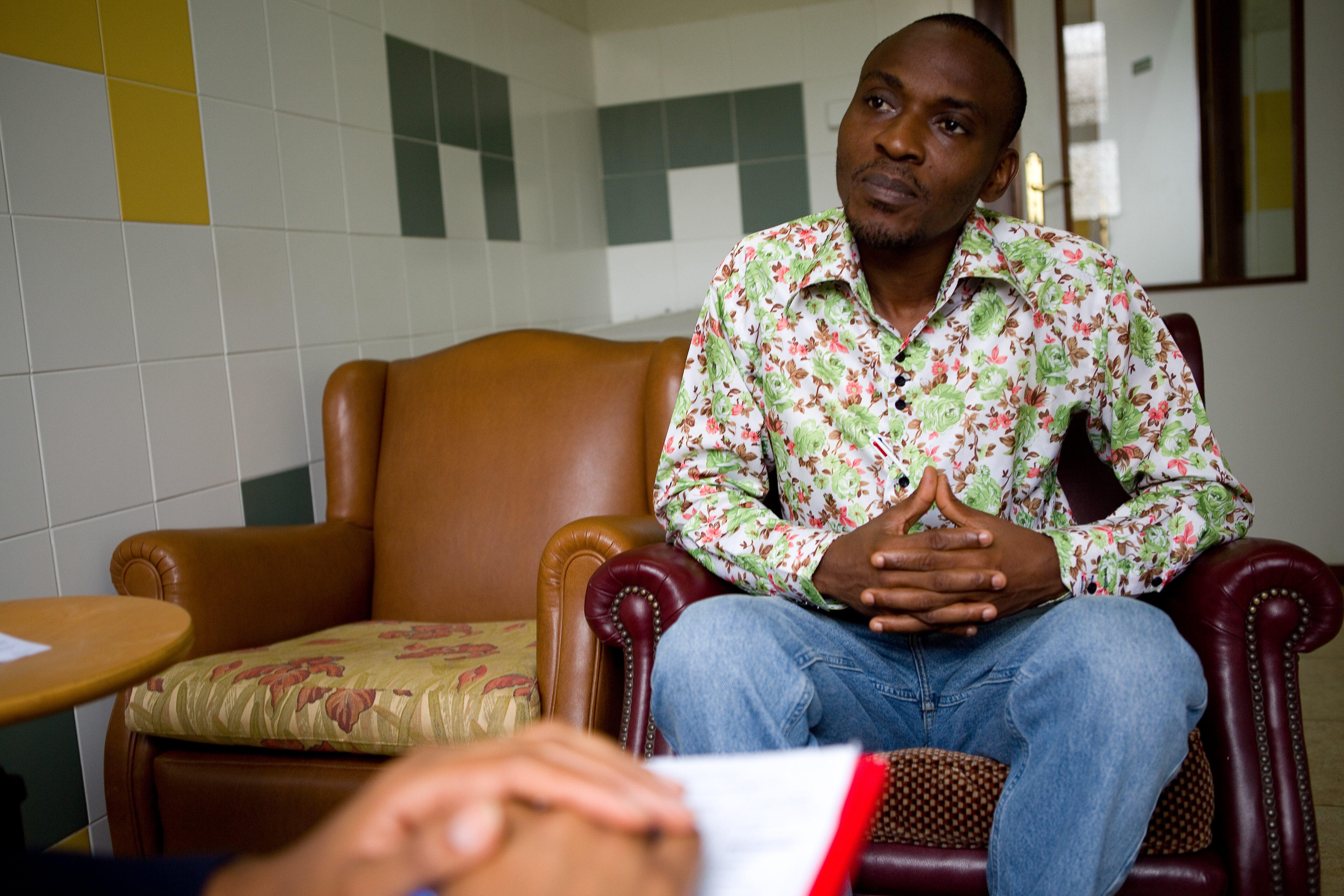
The age cohort of 25 to 59 years of age, focuses on adulthood. This encompasses the core workforce of the region, which can substantively alter the outcome of country’s health in multidimensional scale.
This age group is pivotal to bringing social, economic, political and environmental advances in a country. On the other arm, main conditions can present dominantly in this cohort.
Click here to view the 25 - 59 years interventions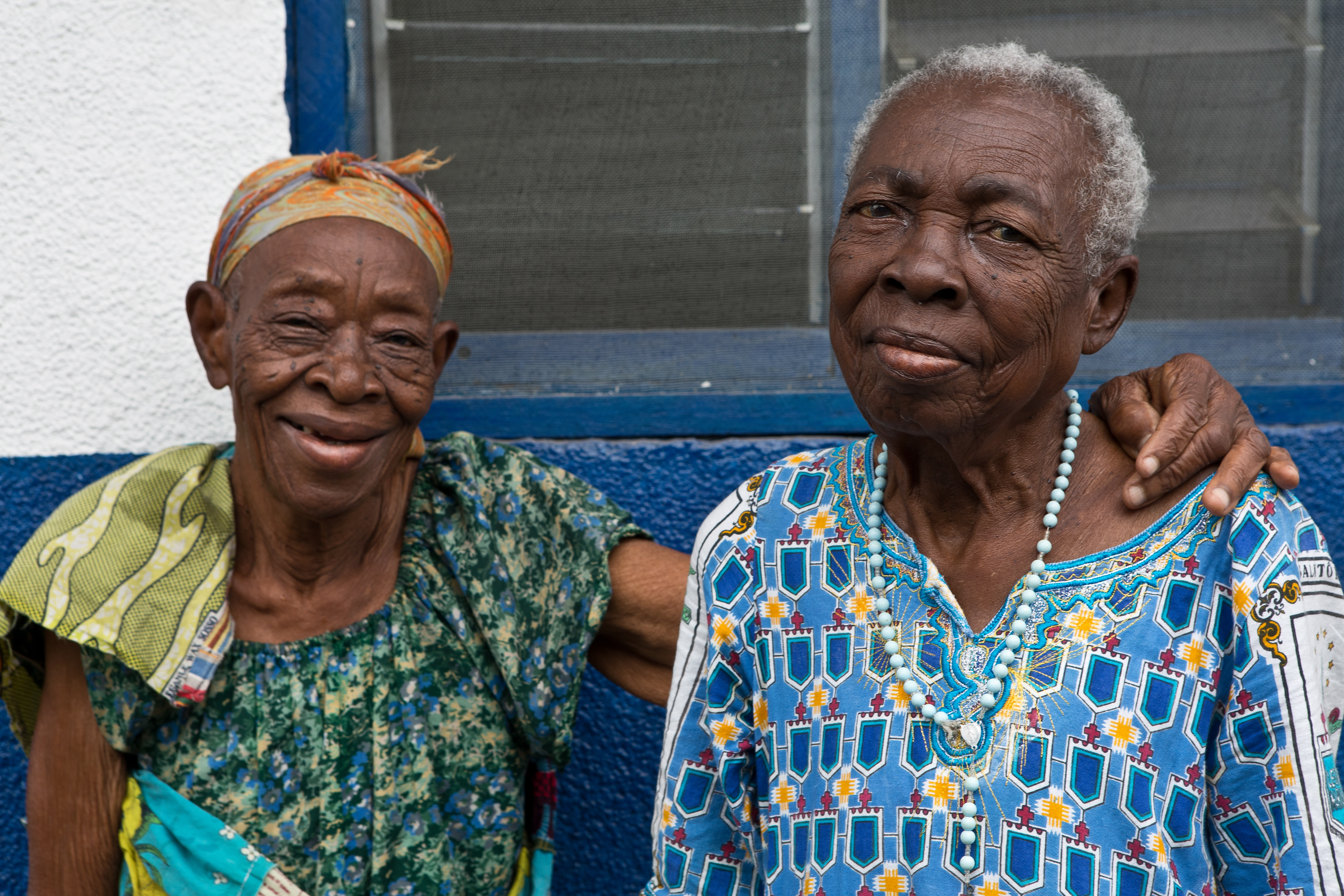
With the increasing population of the elderly persons in the region, more attention need to be given to the health needs. The health services for the elderly necessitates a multi-faceted approach since this age cohort, desires for good health, economic dependence, dignity, and social support.
The Decade of Healthy Ageing (2021–2030) seeks to reduce health inequities and improve the lives of older people, their families and communities through collective action.The health sector therefore needs to respond to this through interventions that address the health needs of the elderly including the emotional and physical concerns, as part of the essential package.
Click here to view the 60+ years interventions